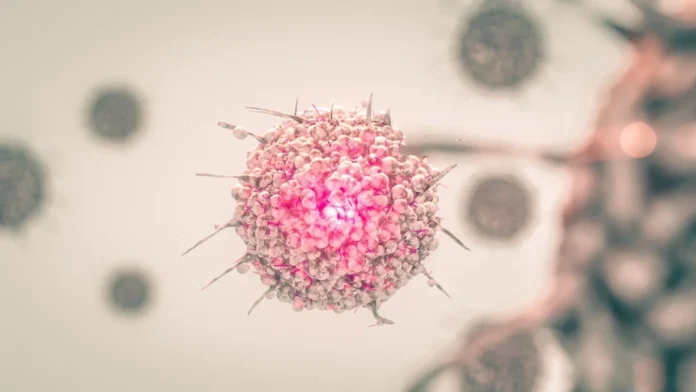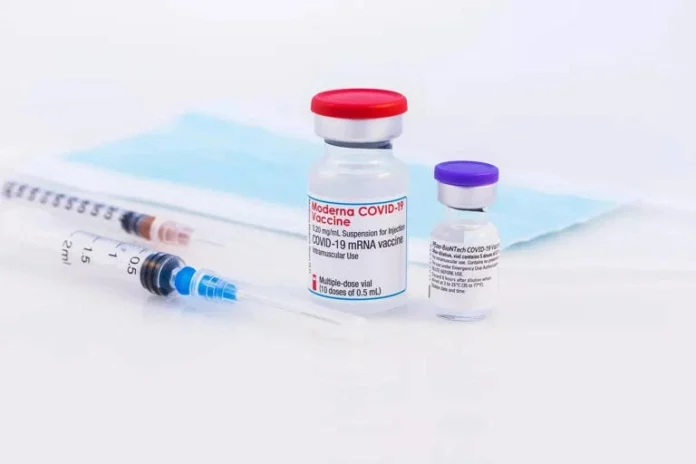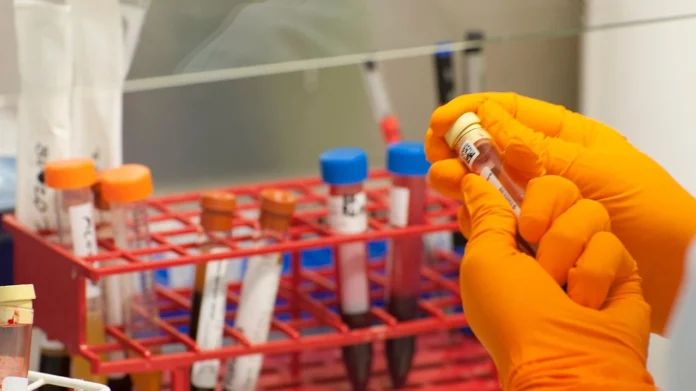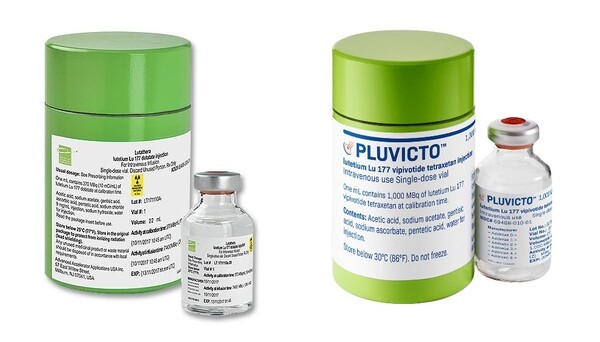Gilead’s Trodelvy, with Keytruda, cuts breast cancer risk by 35% in trial
Gilead Sciences’ (GILD.O), opens new tab Trodelvy in combination with Merck’s (MRK.N), opens new tab blockbuster immunotherapy Keytruda lowered the risk of an aggressive type of breast cancer worsening by 35% when used as an initial treatment, according to results of a large trial presented on Saturday.
The data is likely to change how patients are treated following a diagnosis for advanced triple-negative breast cancer, one expert said.
After a median follow-up of 14 months, patients treated with Trodelvy, a so-called antibody-drug conjugate, and Keytruda went 11.2 months without their cancer progressing, a measure known as progress-free survival. That compared with PFS of 7.8 months for those given the standard treatment of chemotherapy and Keytruda, researchers said.
Patients given the Trodelvy/Keytruda combination responded to the treatment for a median of 16.5 months, compared with 9.2 months for the chemo group, according to full results of the study presented at the American Society of Clinical Oncology scientific meeting in Chicago. The researchers said patients are still being followed to see if the regimen has an impact on overall survival.
Gilead previously said the Phase 3 study in 443 patients with advanced triple-negative breast cancer whose tumors express PD-L1 – the protein targeted by drugs like Keytruda – had met its goal.
The findings suggest that the combination of Trodelvy and Keytruda “will likely become a new front-line standard of care in this setting,” Dr. Jane Lowe Meisel, co-director of breast oncology at Emory University School of Medicine and a designated ASCO expert said in a statement.
ASCO estimates that about 10% of breast cancers in the United States are triple-negative. That tends to be more difficult to treat than hormone-sensitive subtypes, because it does not have the common biomarkers used to guide treatment, the tumors are often larger, and the recurrence rate is high.
The medical group said that about 40% of triple-negative breast cancers are also PD-L1 positive, making them candidates for Keytruda.
Antibody-drug conjugates like Trodelvy are designed to deliver an anti-cancer drug more precisely to malignant cells, causing less damage to healthy cells than chemotherapy.
Serious side effects for Trodelvy included neutropenia, a condition caused by cancer treatments that lower levels of infection-fighting white blood cells, reported in 43% of patients, and diarrhea in 10%. In the chemotherapy group, the incidence of neutropenia was 45%, while 16% of patients had anemia and 14% had low blood platelet counts.
Trodelvy is already approved for patients with advanced triple-negative breast cancer who had two or more prior therapies, and for previously treated hormone-receptor-positive, HER2-negative metastatic breast cancer.
Gilead is conducting several other Trodelvy studies, including a trial of the drug as an initial treatment for triple-negative breast cancer patients who do not express PD-L1.











